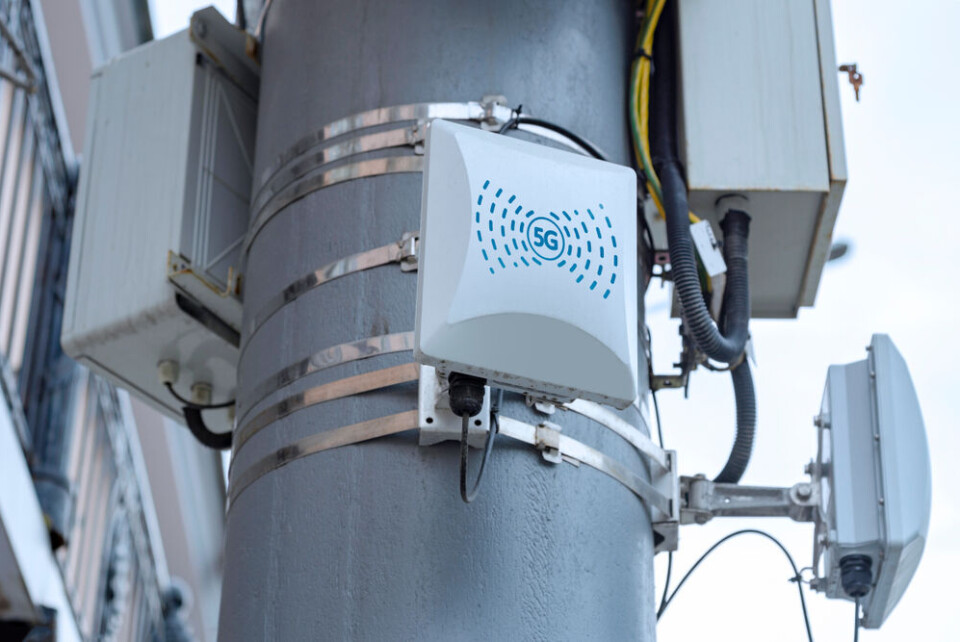-
Many parcel collection points in France are overwhelmed as Christmas approaches
Heavy customer traffic leaves some struggling to cope
-
Warnings issued over connecting to public WiFi networks in France
Lack of encryption and risk of connecting to ‘fake networks’ leave users at risk of hacking attempts
-
Provence’s santon makers seek geographical protection for historic craft
The small, hand-painted clay figurines are at the heart of traditional French Christmas nativity scenes
5G antennas in France do not present risk to health, agency confirms
The update comes after the French health authority’s report said the same in April

5G antennas do not present any notable risks to health because they use frequencies very close to previous generations of connectivity, French health authority Anses has reiterated this week.
The report by the national health and safety agency l’Agence nationale de sécurité sanitaire (Anses) said that new, negative effects of 5G antennas on health were “improbable” given current knowledge on the subject.
The update came on Thursday, February 17, after an initial report published in April 2021.
Read more: France’s 5G rollout presents no new risks to health, agency finds
The timing of the initial report had been criticised due to having been released a few months before 5G had even been rolled out in France.
At the time, new debates began on the safety of 5G, and in 2020 President Emmanuel Macron controversially said that people who called for a moratorium on the technology wanted to “go back to the age of oil lamps”.
In its new update this week, Anses said: “Based on the scientific data available today, it is improbable that the deployment of 5G (using frequencies already deployed in France) would present any new risks to health.”
It conceded that there remains a lack of studies on certain frequencies.
In April, it opened several weeks of “public consultation” on its report, saying that it would add any necessary comments. More than 200 contributions were gathered, as well as the results of a study by the Agence nationale des fréquences (ANFR), into the effects of exposure “in the vicinity of 5G antennas”.
Anses has now confirmed that the frequencies deployed for 5G are very close to those used for previous generations of connectivity.
This means that "the overall levels of exposure to electromagnetic fields will be comparable to or slightly higher than those of existing technologies". It is therefore "unlikely that this deployment will result in new health risks", it said.
Anses recommends that more studies are done, especially into "sensible uses" of 5G, and into the exposure risks to children, or the use of headset devices, for example.
The rollout of 5G has been somewhat controversial, with some conspiracy theorists claiming a now-discredited link to Covid, and others saying the technology causes health problems.
Some 5G antennas have been set on fire by critics.
5G technology is being rolled out in France on a 3.5 GHz frequency band. It is available through four major mobile operators: Bouygues Telecom, Free Mobile, Orange and SFR.
The fastest 5G networks are expected to be at least ten times faster than 4G, UK-based wireless industry trade group GSMA states. This speed could increase to up to 100 times faster over time.
That would mean that it would be possible to download a two-hour film in less than ten seconds, compared to around seven minutes with 4G. The connectivity is also expected to help in significant sectors such as distance healthcare.
The government is aiming to have the mobile technology functioning in 3,000 places in France by the end of 2022.
Related stories
Internet in rural France: New study shows how bad it really can be
Two Catholic monks arrested for setting fire to 5G antenna near Lyon
France’s 5G rollout presents no new risks to health, agency finds
























